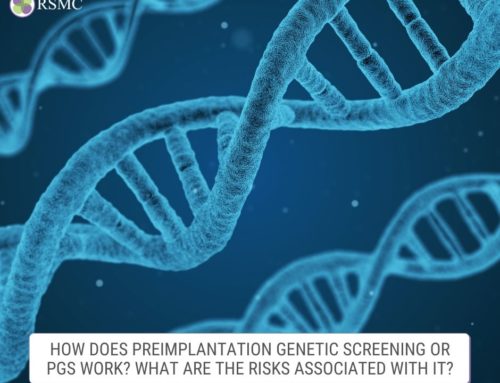The Egg Donation Process
Becoming an Egg Donor is one of the most selfless and empowering decisions a woman can make for 
- 18-29 years old
- Have regular monthly periods
- No reproductive disorders or abnormalities
- Live a healthy lifestyle
- Be a non-smoker and non-drug user
- Willing to take injectable medication
- Body Mass Index (BMI) lower than 28
- No psychiatric hospitalizations
How Does Egg Donation Work?
If you meet the egg donor requirements and have been accepted into the program you will start the egg donation process.
The first step to becoming an egg donor is the general medical screening where you have a physical examination, including a pelvic exam. Blood will be drawn to check your hormone levels. Ultrasound will be used to examine your uterus, ovaries and other pelvic organs. You will also complete a medical and psychological history about yourself and close blood relatives.
Second, you will be screened for genetic diseases, this is usually done with a simple blood test.
A psychological screening would be the third step. Since egg donation is a complex ethical and emotional subject you need to understand why you are participating in the egg donation process and this screening should help you with that. It will also rule you out if you, or a close relative, have a serious psychiatric disorder because some of them are inherited. Another thing to consider, while you’re participating in the psychological screening, is how you will feel knowing that, in the future, children will be created who are genetically related to you.
What Is the Egg Donation Process?
First, you will stop your normal cycle: You may be prescribed a medication for one or more weeks to temporarily halt your ovaries’ normal functioning.
Second, you will be prescribed medication to stimulate your ovaries to mature more eggs than normal (called “controlled hyperstimulation”). The medications are similar to the hormones that your body produces, but at much higher doses. These medications must be injected (either under your skin or into a muscle). Treatment will start on a specific day of your cycle and continue for about ten days. You will be shown how to inject the medications.
Third, your progress will be monitored. During the donation cycle, you must have frequent blood tests and ultrasound examinations to track the developing eggs and to see how you are responding to the hormones. Based on these tests, you will be told how to adjust the dose of medication. The ultrasound exams involve inserting an ultrasound probe (about the size of a tampon applicator) into your vagina so the doctor can see the growing follicles on your ovaries.
Fourth, when the time is right, you will receive a final injection of another drug to prepare the eggs for retrieval. This injection is given shortly before egg retrieval.
Fifth and finally, the eggs will be removed from your ovaries in a minor surgical procedure called transvaginal ovarian aspiration. An ultrasound probe will be inserted into your vagina. A thin needle attached to the probe will be inserted into each follicle. Using suction, the egg and liquid inside each follicle are removed. You may be given painkillers, sedatives or anesthesia during the retrieval, which lasts about 30 minutes. When all the eggs have been retrieved, you will recover for a few hours before going home. You must have someone drive you home. Afterwards, you will need to rest for the day.
Who Will Use My Eggs?
If you are matched with a family that requires eggs before you donate eggs then they will be using your eggs immediately. These are usually women who can’t produce enough normal eggs to become pregnant with a viable fetus but can carry a pregnancy to term. Generally, this condition is due to the woman’s age. After age 30 egg quality declines, as does fertility, and many women find their eggs are just not viable anymore. If you donate your eggs to an egg bank the type of people using your eggs will be the same but they will be matched with your eggs at a later date.
Another group using the services of an egg donor is gay men, and straight single men, who want to become fathers. They use their own sperm and the services of a gestational surrogate to carry the child to term.
Finally, all egg donations are anonymous so the people who receive your eggs will never know who you are and you will never know who they are.
If you are interested in becoming an egg donor with us, simply fill out the application here and find out whether you meet the pre-qualification.























